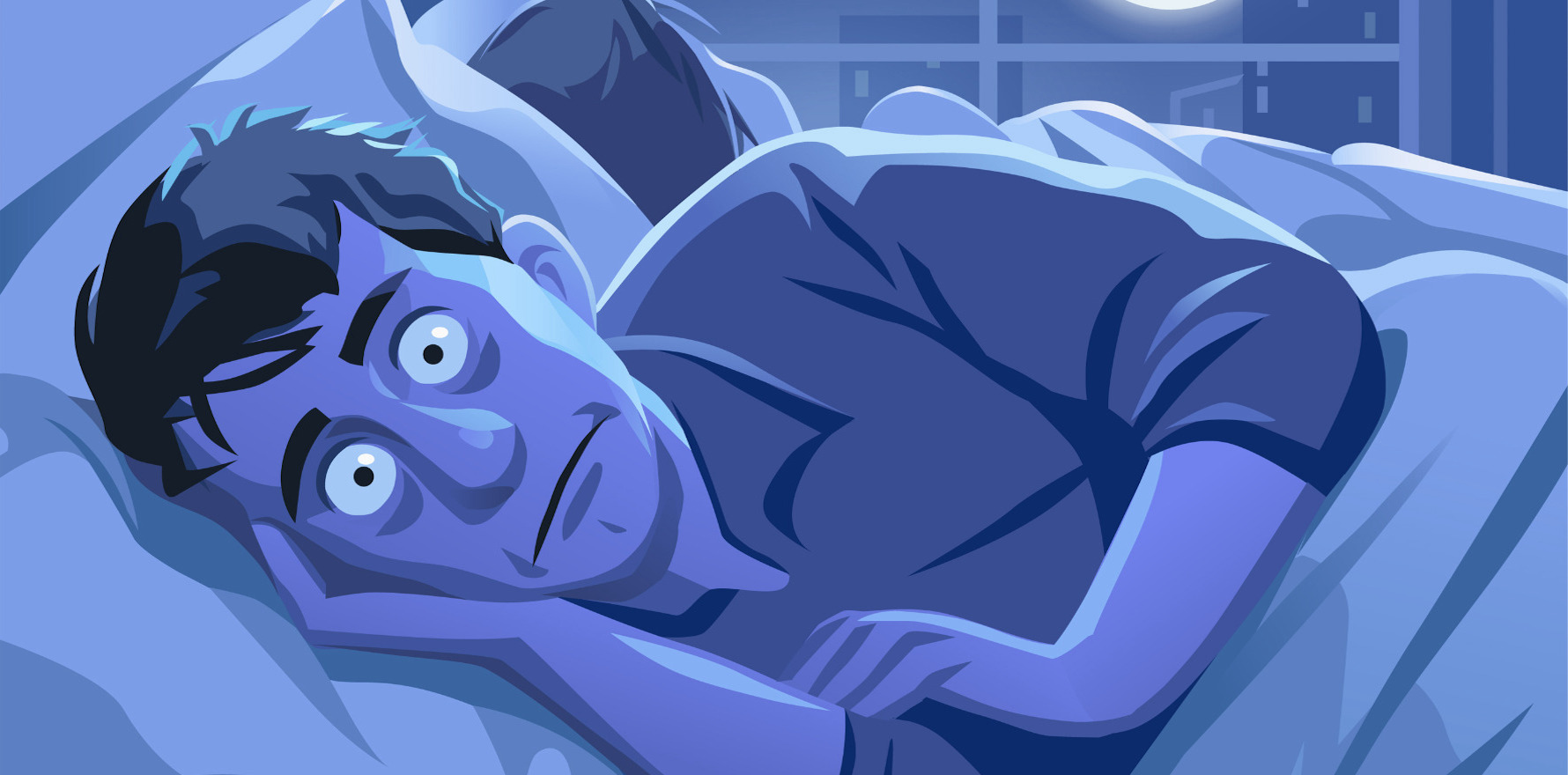
Digital CBT is a more effective treatment for insomnia in the real world than medication alone, according to newly published research from China.
A combination of the two also has long-term benefits, according to the retrospective study of more than 4000 patient records.
Researchers compared the efficacy of digital CBT treatment for insomnia (dCBTi), delivered via an app, with medication alone, and with dCBTi alone.
They assessed changes to sleep quality using the Pittsburgh Sleep Quality Index (PSQI) score (where a lower score is better), and secondary depression, anxiety, somnolence and somatic symptoms.
At six months, medication alone had the lowest reduction in PSQI score, from a mean of 12.85 to 8.92, compared to 13.5 to 7.15 for dCBTi alone, and 12.92 to 6.98 for a combination.
While CBT and combination therapy had similar reductions, the latter produced more stable, lasting results, with outcomes in the dCBTi alone group improving quickly in the first three months but then fluctuating.
Dr Alexander Sweetman, a sleep expert from Flinders University in Adelaide, noted that while the combination had the best overall best results, “most of the therapeutic benefits seemed to come from the dCBTi”.
“Digital CBTi is doing the heavy lifting. That’s in line with a lot of the other literature that’s looked at similar sorts of literature,” said Dr Sweetman, program manager with the Australasian Sleep Association.
While medication provided good immediate relief for insomnia, benefits waned over time. He said that medication was not recommended long-term because the benefits were offset by dependence and abuse.
Nor did medication target the underlying causes of insomnia, which were almost always psychological and behavioural, said Dr Sweetman.
CBT is the recommended first line treatment for insomnia in Australia, and Dr Sweetman is involved in several projects to improve access.
Over 2.5 million people live with chronic insomnia, but there are fewer than 70 psychologists who specialise in treating sleep disorders, Dr Sweetman told Wild Health.
Fortunately, digital CBT provides a low-cost, accessible alternative.
“Even if there is a slightly smaller overall therapeutic benefit [compared with face-to-face], the really important point is improving access to any form of CBT,” he said. “If we can treat half to 60% of those millions of people, that also relieves the burden on the health system and makes it easier for the remaining patients to access clinicians.”
Dr Sweetman is currently recruiting Australian GPs to participate in a trial through Flinders University where they can refer patients with insomnia to get five-sessions with an Australian-made interactive digital CBTi program. Patients will be randomly assigned to either immediately access the therapy or do so after an eight-week waiting period. Over the eight week wait period, the control group will receive access to sleep education materials online. Taking medication for insomnia does not disqualify patients from participating.
Patients complete the sessions in their own time and report results through online surveys at various intervals and are followed up for six months. GPs are provided with feedback about patient progress at post-treatment and long-term follow-up.
“Early data indicate that about 75% of patients report meaningful insomnia improvement by post-treatment [at eight weeks] and a 50-60% improvement in depression symptoms,” Dr Sweetman said.
He and his colleagues have also developed a brief behavioural therapy for insomnia for use by GPs. “There are a lot of pressures that might make it quite hard to have GPs delivering this care. But we would love to see more GPs delivering elements of CBT for insomnia in the general practice setting. For any GPs that are interested in this, Flinders University are developing some online GP education resources on delivery of brief behavioural therapy for insomnia in the general practice setting,” he added.
Dr Sweetman is also working with the Australasian Sleep Association and Australian Psychological Society on training for more psychologists in CBT delivery for insomnia.
“We’re hoping to make that available in the middle of the year and the estimation from the Psychological Society is that about 200 psychologists will start completing this module each year. So hopefully, we can rapidly increase that number from 70 up to the hundreds and thousands pretty quickly.”
The Australasian Sleep Association provides online resources to help GPs manage adult patients with insomnia, including referral pathways for dCBTi programs.

